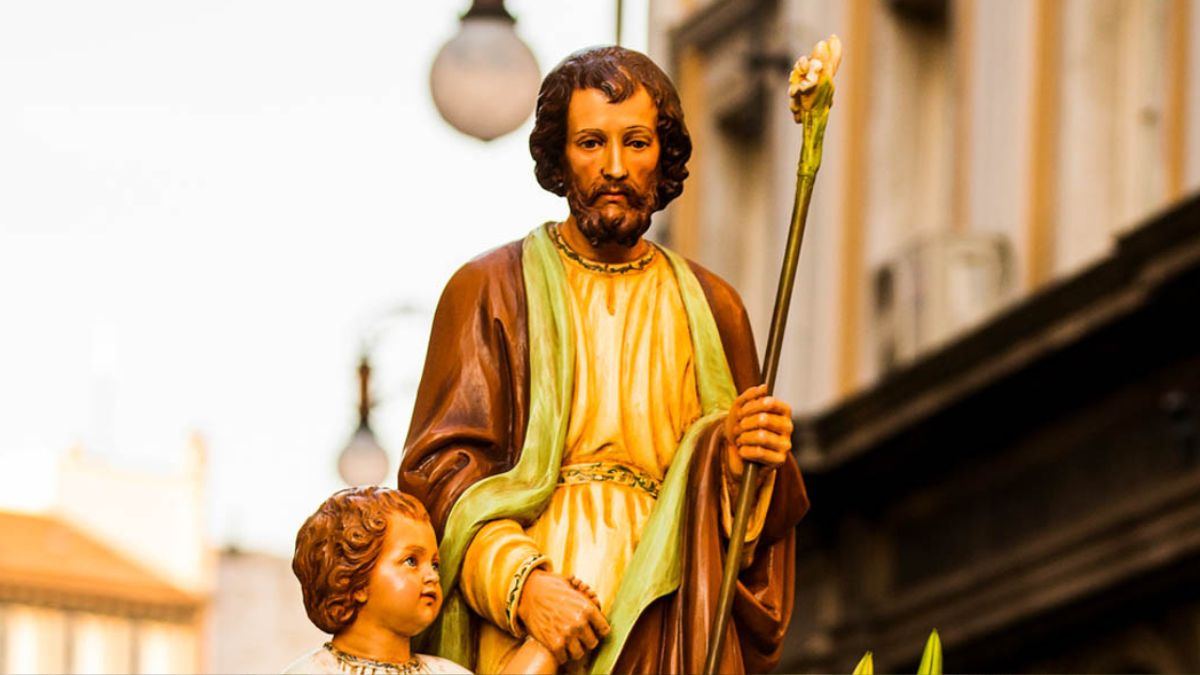Understanding Saint Joseph’s Day:
Traditions and Customs:
Altar Displays: A prominent tradition associated with Saint Joseph’s Day is the creation of elaborate altars adorned with symbolic elements representing Saint Joseph, the Holy Family, and other religious motifs. These altars, often found in churches and homes, are meticulously decorated with flowers, candles, bread, fruits, and pastries, symbolising abundance, faith, and gratitude.
Charitable Acts: Saint Joseph’s Day is also a time for acts of charity and compassion. It is customary for individuals and communities to engage in acts of philanthropy, such as feeding the hungry, providing assistance to the less fortunate, and supporting those in need, reflecting Saint Joseph’s virtues of kindness and generosity.
Ceremonial Practices: Various ceremonial practices are observed on Saint Joseph’s Day, including prayers, processions, and special church services dedicated to Saint Joseph. Devotees gather to offer prayers of thanksgiving, seek blessings for their families, and express devotion to Saint Joseph, often through hymns, readings, and reflections.
Significance Beyond Religious Observance:
Saint Joseph’s Day is more than just a religious observance; it is a time-honored tradition that embodies the values of faith, family, and community. Whether through festive feasts, heartfelt prayers, or acts of charity, this special day invites us to reflect on the virtues of Saint Joseph and emulate his example of righteousness, humility, and love. As we celebrate Saint Joseph’s Day, may we be inspired to embrace these values and enrich our lives and the lives of others with faith, hope, and compassion.


